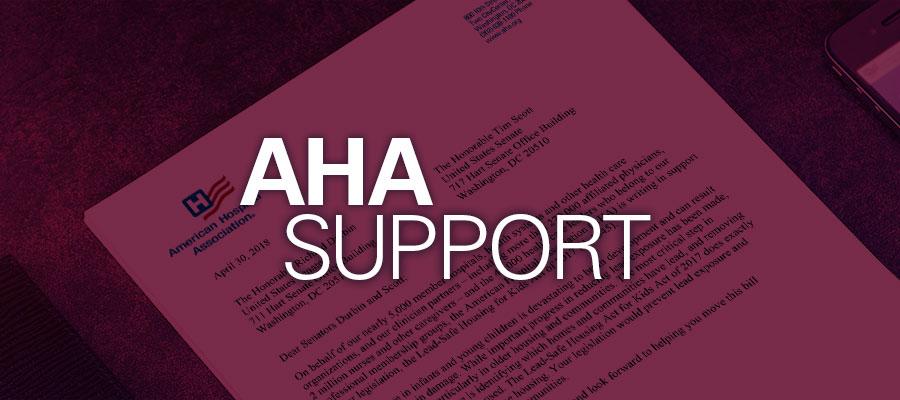AHA-supported Bills Would Increase Number of Opioid Treatment Providers

The AHA today expressed support for the Opioid Workforce Treatment Act of 2018 (H.R. 5818/S. 2843), bipartisan, bicameral legislation that would reduce the shortage of opioid treatment providers by increasing the number of Medicare-funded residency slots in hospitals with programs focused on substance use disorder treatment. A recent report from the National Academies of Sciences, Engineering and Medicine highlighted the dearth of clinicians with specialized training in Medication Assisted Treatment, and the Substance Abuse and Mental Health Services Administration has estimated that only 10% of the 22 million Americans with a SUD receive treatment. “Your legislation would address these shortages by providing 1,000 additional Medicare-funded residency positions in approved residency programs in addiction medicine, addiction psychiatry or pain management,” AHA said in letters of support to the bills’ sponsors. “These new slots would constitute a major step toward increasing access to SUD treatment for communities in need.”

